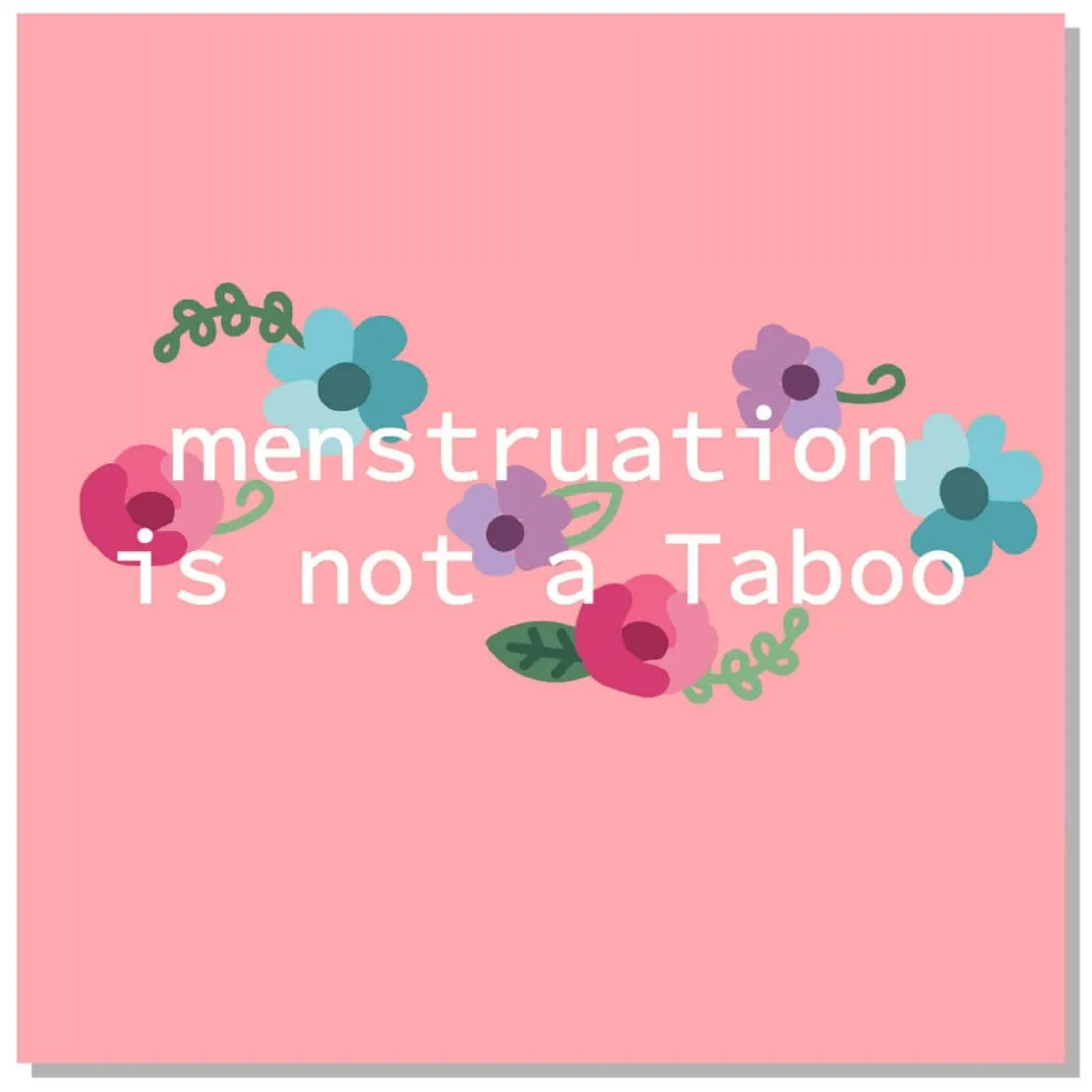Company says there is no “shame or stigma” in applying for the time off
Last month, one of India’s largest food delivery companies, Zomato, introduced a Period Leave Policy. Female employees working at Zomato now have the option of menstrual leave for up to ten days a year. The policy also applies to transgender employees. Even since Zomato has introduced the policy, there have been several debates and arguments both for and against menstrual leaves.
The Roots of Period Leave:
Period Leave is not a new concept. It roots back to the 20th Century Japan. Japanese Labour Unions wanted period leaves for the female workers and in 1947, The Japanese Labour Standards introduced menstrual leave, that allowed women to take days off, owing to menstrual pains. Various countries in Asia such as South Korea, Indonesia, Taiwan and Japan, have laws that allow women to take a certain amount of days off, due to menstruation. A school in Kerala, India, has been permitting period leave since 1912. Students were also allowed to avail period leave during examinations and would write the exam later.

In Bihar, government employees can take two extra days of casual leave, in order to take time off due to periods. Although menstrual leaves have not been adopted by well-known companies, it doesn’t mean that they have never existed. Zomato’s menstrual leave policy isn’t the first of its kind, however, it does prove Zomato to be a pioneer and trailblazer for other large companies to follow.
Why is Zomato’s period leave good and what does it mean?
Zomato’s period leave means a lot of things. It has opened up conversations that have never been had before. Firstly, the period leave applying to transgender employees is a step in the right direction. Furthermore, there is also now a level of understanding and empathy towards menstruation with the implementation of period leave. The policy breaks several stigmas by acknowledging that menstruation is only natural. It is a step in the right direction because different people experience different levels of pain whilst on their period.

Sometimes menstrual pains can be excruciating and make the smallest things hard. However, by just providing the option, it can help many. In addition to this, a large company like Zomato having introduced menstrual leave could possibly inspire other companies to do so as well. Zomato has acknowledged if someone faces any sort of harassment due to them taking period leave, Zomato’s Prevention of Sexual Harassment (POSH) will “spring into action”. Founder, Deepinder Goyal, adds “Our female colleagues expressing that they are on their period leave shouldn’t be uncomfortable for us. This is a part of life…” Their openness in the workplace is refreshing and an exemplar for a possible future of menstruation in the workplace.
Why are some people against period leaves?
Zomato’s period of leave policy has sparked a deeper debate surrounding menstrual leave. One of the reasons people are against their period leave policy is because it is also being seen as a step back in terms of equality of the genders. People have expressed that by permitting a leave that is unavailable to men, genders are being treated unequally. Moreover, some believe that period leave is a justification for lower salaries for women and poses as a reason to not hire women. This is a reflection of blatant sexism and this justification (and many others) are a manifestation of it. It can also be argued that employees may exploit this policy. To this, Founder Deepinder Goyal adds, “we need to trust them when they say they need to rest this out.”
The backlash that period leave has received is a reflection of sexism and misogyny as tools of patriarchy as it criticizes a more comfortable workplace for women and a step in the right direction.
Now, what?
Zomato implementing period leave is helping break the taboo that surrounds menstruation. It has ignited an important conversation in society. Period Leave is a progressive move and a step in the right direction, however in a country where 71% of girls are unaware about menstruation until their first period and 23 million girls drop out of school every year due to menstruation, there is still a lot of work that needs to be done.

Zomato has shone some light on a route that has not yet been taken, and hopefully, more companies will embark on the same path. As a society, we still have a lot to do in the menstrual space, but with multi-million-dollar companies like Zomato providing the option of period leave, we are coming a step closer to creating a more comfortable workplace for those who menstruate.
Hopefully, we can live in a future where menstruation is not a stigma or taboo, and work in a place where the mental and physical comfort of employees is a priority.